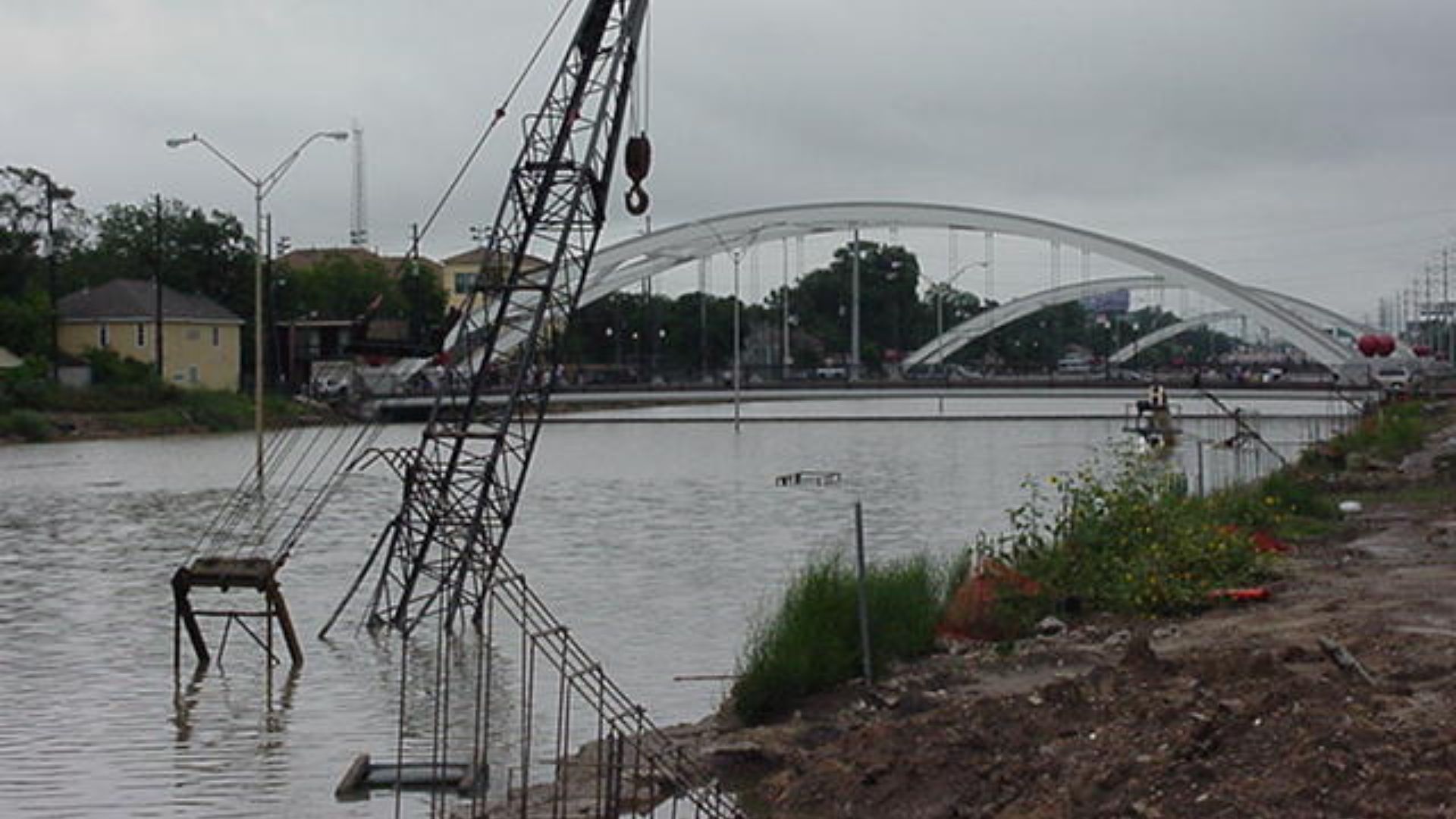In January, a small Texas Panhandle town fell victim to a historic cyberattack as Russian hackers, allegedly backed by the Kremlin, penetrated its water system.
This unprecedented assault on U.S. soil led to the town’s water tower overflowing, resulting in severe flooding and prompting an emergency declaration by local authorities.
Setting a Dangerous Precedent

Marking a significant escalation in cyber warfare, the incident distinguished itself from prior disruptions linked to Iran and China.
Russia’s initial strike on an American water system reveals the escalating vulnerabilities within the U.S.’s critical infrastructure to international cyber threats, necessitating a nationwide reevaluation of security measures.
The Culprits Step Forward

The Cyber Army of Russia Reborn (CARR) quickly claimed responsibility for the turmoil.
Via a Telegram video, they flaunted their interference, stating, “We’re starting another raid on the USA. In this video, there are a couple of critical infrastructure objects, namely water supply systems.”
Online Footage

The Daily Mail reveals online footage revealed the hackers manipulating the water system’s controls in real time.
Their bold actions not only showcased the susceptibility of public utilities to digital threats.
CARR’s Troublesome Track Record

CARR had been notorious for its disruptive DDoS attacks against Ukrainian entities long before targeting American soil.
This history of cyber aggression underlines the persistent threat posed by such groups, which often operate with geopolitical motives.
Muleshoe, Texas

Muleshoe became the epicenter of disruption when its water supply went haywire, affecting roughly 5,000 residents.
The city manager verified that the cyber intrusion was the direct cause of the water tower’s overflow, prompting immediate measures to control the situation.
Ripple Effects Across the Region

In the wake of the attack, neighboring towns such as Abernathy, Hale Center, and Lockney also experienced disruptions.
Officials in these towns swiftly disabled their utility management software to halt any further unauthorized access, demonstrating the extensive reach of the cyber strike.
The Flood’s Lasting Damage

Extensive damage from the flood led to a massive waste of water and stress on local infrastructure.
This situation illustrates the critical need for enhanced emergency protocols and disaster preparedness in small-town settings throughout the nation.
FBI Steps In

Leading the investigation, the FBI is probing the extensive breach.
Their efforts are centered not just on pinpointing the culprits but also on dissecting the breach’s mechanics and crafting strategies to protect the nation against future cyber threats.
International Cyber Threats

Linked to a larger pattern of malicious activities by Sandworm, also recognized as CARR, the attack connects to a complex network of cyber operations affecting entities from the Olympic Games to vital global infrastructure.
Security experts from the company Mandiant have traced these interconnected incidents.
A New Front in Geopolitical Tension

The fallout from the cyberattack may exacerbate the already strained U.S.-Russia relations.
As cyber warfare emerges as a critical arena of global conflict, the implications for both national and international security are becoming increasingly significant.
Ongoing Cyber Challenges

The persistence of this cyber threat demonstrates the ongoing challenges posed by state-sponsored cyber activities.
The U.S. and its allies are compelled to bolster their cybersecurity defenses, preparing to counteract more sophisticated and bold attacks that may target even more critical infrastructures.
